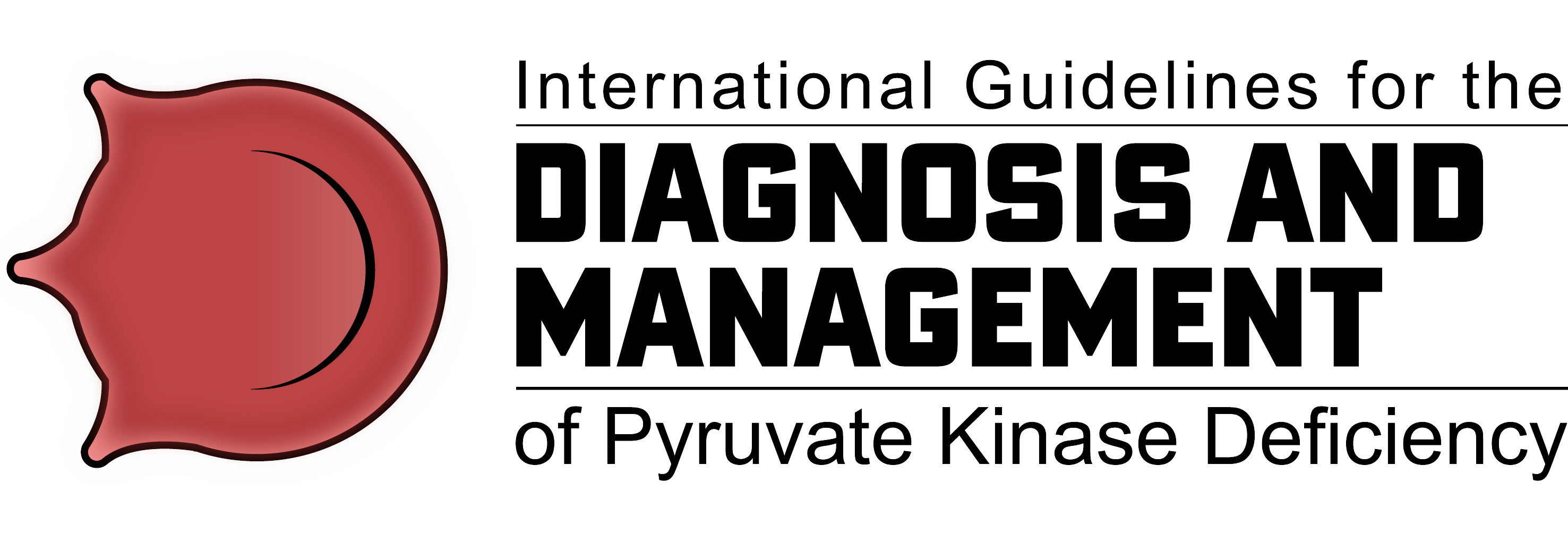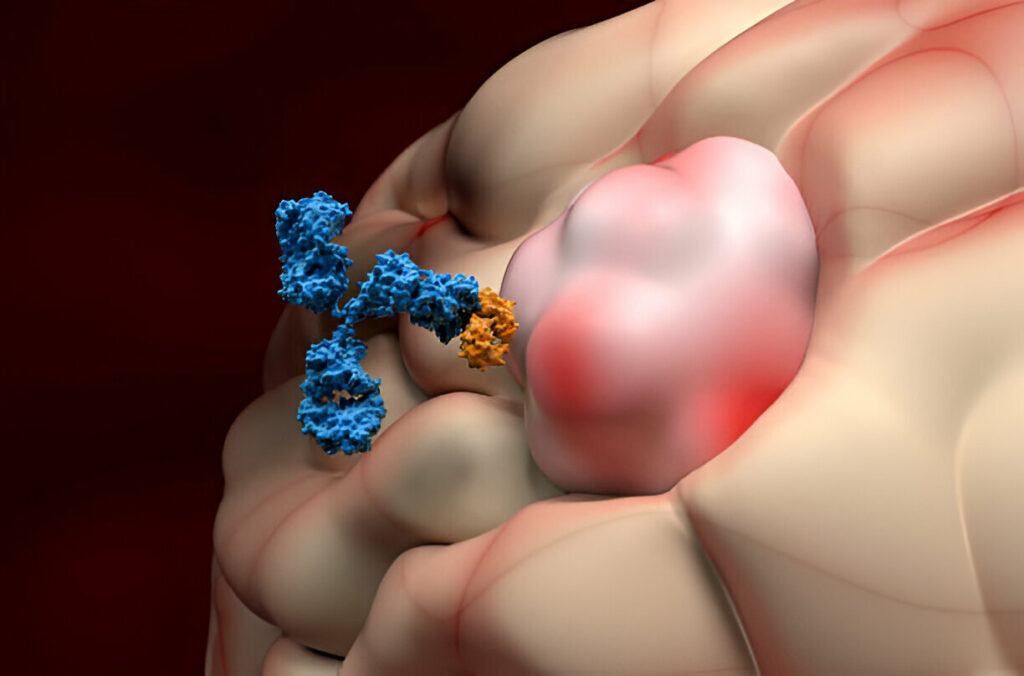The challenging journey of parenting a child with (PKD) is a bit different, for besides affecting the red blood cells and making the chronic hemolytic anemia a daily battle, it is based on a rare genetic disorder as well. Problems like anemia, fatigue, and even an enlarged spleen are the severe consequences of the condition. Nevertheless, a child with a thorough medical examination, a family with psychological support, and the use of practical solutions can lead a quite fulfilling life. The said guide follows the strategies for home supervision, personal strength, as well as getting professional care.
1. Understanding Pyruvate Kinase Deficiency in Children
Pyruvate Kinase Deficiency (PKD) the cause lies in genetic mutations that diminish the activity of the pyruvate kinase enzyme in red blood cells, resulting in the early breakdown and anemia. Different levels of symptoms might occur in each person, therefore, patient-centered care is essential being a key for success. The common ones are:
- Persistent fatigue
- Yellow pigment in the skin of the body and eyes, which is also referred to as jaundice
- Enlarged spleens (splenomegaly)
- Repetitive infections
- Delayed growth may occur in some extreme cases
- Increased gallstones that are caused by the excessive destruction of red blood cells
Parents’ understanding of these signs would enhance their ability to anticipate their children’s needs and prompt them to seek medical help at the right time.
2. Managing Daily Symptoms
Fatigue and Energy Levels
Children with PKD often feel tired because their feet have a harder time getting oxygen due to the low number of carrying cells. Prolonged rest periods can help relieve fatigue in these children, according to parents. Parents can also manage fatigue by:
- Resting properly during the days
- Ascertaining the child receives a sufficient amount of protein and carbohydrates, both nutrient-dense, in order to restore her equilibrium
- Sticking to a fixed sleep pattern on a regular basis has the potential to gradually improve sleep quality
- Giving a peaceful and respectful environment in the school every time is one of the strategies
- Helping child in learning new skills and relaxation strategies such as meditation and deep breathing
Treatment of Jaundice
Jaundice may not be more comfortable for children and parents but can be managed by:
- Maintaining adequate hydration is important for liver functionality
- Moreover, parents should focus on liver-friendly foods, such as kale, citrus fruit, and food with antioxidants
- Additionally, to eliminate discomfort, processed foods as well as those with added sugars need to be avoided by children
- Sun rays can worsen the jaundice, so it is advised to limit sun exposure
Managing the Enlarged Spleen
The enlargement of the spleen elevates the risk of infections and injuries. The correct strategy is
- To enforce the disallowance of contact sports, which are ways to reduce the risk of spleen rupture
- As indicated by a fever or if your child becomes more sluggish than usual, you should promptly contact a medical practitioner and ask for advice
- Discuss the advantages and possible side effects of getting the spleen removed (splenectomy) and comply with vaccines needed
- Educate the caregivers, teachers, and family members about the signs of the spleen-related complications and what to do
3. Navigating Medical Treatments and Appointments
Regular Health Check-Ups
Children with PKD need to go through regular blood tests to monitor hemoglobin levels, bilirubin, and iron levels. Parents must:
- Fix appointments with a hematologist on a regular basis to be aware of the treatment needs
- The repetition and the volume of the lab results are to be kept and a medical journal should be maintained for further reference
Blood Transfusions and Iron Overload Management
PKD kids with anemia have to get blood transfusion which can offset iron levels in the bloodstream. Also, the fact that it occurs very frequently brings a risk of high iron levels, that can require:
- Following doctor’s orders of iron chelation therapy to avoid organ damage, if it is needed
- Not adding iron supplements if the doctor didn’t recommend it so as not to increase iron amount anymore
- Punctual and routine check-ups of ferrous levels to pinpoint iron retention inside the body
- Getting information about iron overload, for example, side effects such as joint pain and fatigue
4. Supporting Emotional and Social Well-Being
Helping Your Child Cope Emotionally
For a family pyruvate kinase deficiency health symptoms should also consider mental health symptoms. Long-term diseases are one of the most common factors leading to the reduction of the child’s self-worth and emotional health. Parents will be in a position to assist their child by:
- Conversing openly about their feelings and any problems these might cause
- Stressing their positives, games, and achievements to increase confidence
- Getting help for their child’s counseling, therapy or, joining groups that deal with the kids’ disease with them
- Teaching their brothers and sisters and other family members about the disorder to form a loving family environment
- Looking for the occurrence of anxiety or depression helping the child to communicate with professionals if needed
Educating Teachers and Peers
PKD may be a very challenging period for the child at the school. Parents themselves have a role to play too, such as:
- Notify teachers about the inconvenience and then give appropriate solutions like extra time, and fun activities.
- Let the children rest whenever they feel tired.
- teachers to let the child leave earlier before school ends if they are going through therapy or any other energy problem.
- Informing classmates and faculty through presentations and awareness activities to foster understanding and minimize stigmatization.
- Be in cooperation with a school nurse to make sure that help is delivered without delay if necessary.
Conclusion
Raising a child with PKD is as challenging as it is rewarding. Through a careful and systematic consultation of hereditary therapy, this will pave the way for a healthy, happy, and balanced life.
New medical innovations and continuous acceleration of research are producing therapies that will provide better treatment options and an overall increased quality of life for them. It is only by being well educated, the families can be informed and proactive, which gives strength and strong hope of the healing process.


